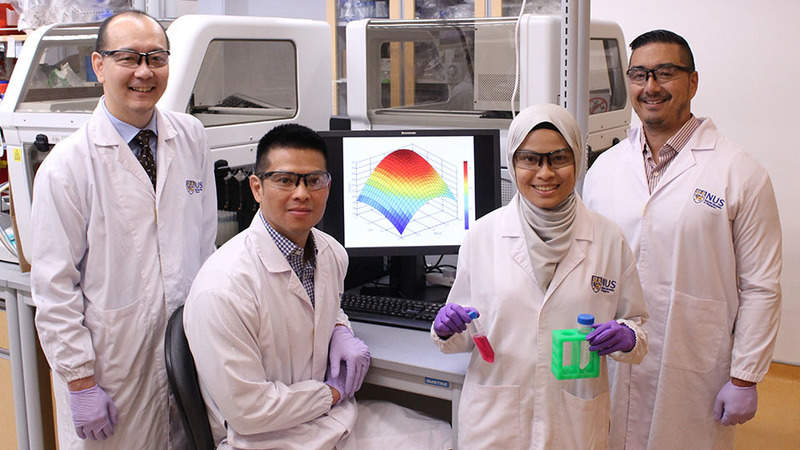
A research team led by the National University of Singapore (NUS) has developed an artificial intelligence (AI) platform that can help doctors establish the most effective combination therapy for individual patients.
When applied to resistant multiple myeloma, the Quadratic Phenotypic Optimisation Platform (QPOP) enabled the researchers to determine new effective combinations.

Discover B2B Marketing That Performs
Combine business intelligence and editorial excellence to reach engaged professionals across 36 leading media platforms.
The technology also identified patients who may have a better response to these therapies within a week.
Current approaches to design drug combinations involve assessing arbitrary combinations.
However, these methods are limited in cases requiring quick identification of an optimal treatment for individual patients.
The new AI platform is said to expedite the design, as well as identify the most effective personalised drug combinations via small experimental data sets.

US Tariffs are shifting - will you react or anticipate?
Don’t let policy changes catch you off guard. Stay proactive with real-time data and expert analysis.
By GlobalDataUsing a small blood or bone marrow sample from patients, the technology can map the drug response of a set of drug combinations on the specific patient’s cancer cells.
NUS Cancer Science Institute of Singapore principal investigator Edward Kai-Hua Chow said: “The efficiency of this platform in utilising small experimental data sets enables the identification of optimal drug combinations in a timely and cost-efficient manner, which marks a big leap forward in the field of personalised medicine.”
QPOP was able to identify various effective drug combinations from 114 FDA-approved drugs. These included a new combination for relapsed myeloma.
When validated against 13 patient samples, the new combination is said to have performed better than the standard of care. The team also utilised the AI platform to fine-tune dosage ratios of the combination in order to obtain optimal effectiveness.
In four separate patient samples, QPOP demonstrated capability to analyse and rank the combination against two other clinically available drug combinations.
It was observed that the new combination was the most effective for two of the samples tested.
For other samples, QPOP was able to match with best drug combination individually, demonstrating proof-of-concept for personalised therapy.
The researchers plan to further investigate the AI platform in clinical trials, and its application for other diseases.




